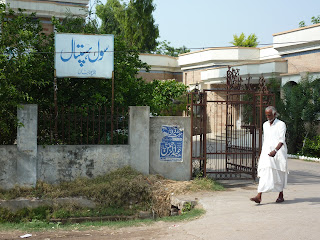COVID-19 in Pakistan: responses
The ongoing COVID-19 pandemic has affected us all in our personal and professional capacities. While we seek ways to minimise the adverse effects of this situation on our own lives, we are aware that some sections of society everywhere are more affected than others and are more vulnerable to the pandemic induced economic lockdown and restrictions. People with underlying health conditions and those with particular demographic, social and economic backgrounds are most affected. Among these are migrant workers as we have witnessed in recent weeks in our region and across the world. With economic activities coming to a near standstill, many daily wagers in urban areas were suddenly off work as were the salaried factory workers laid off without any notice or benefits. Restriction on mobility added to their woes as many, who wanted to travel back home after losing their means of subsistence in the cities, were stranded on roads and humiliated by authorities for breaking the lockdown. Back in their homes, the loss of remittances for their dependants who were already hand-to-mouth has result in near starvation.
Amidst this gloom there are also incredible stories of caring and helping out within networks of migrants and local communities. It is in times of crises like these that the networks of care around us become more visible. For many migrants and their families acts of care in these networks have provided a lifeline, especially where governments and public health and social security systems have failed them.
As academics and researchers interested in health and migration, many of us are keeping a keen eye on the situation as it develops for its impact on migrants and their families. With this in mind, we convened an online panel of public health and development experts and scholars from Pakistan to take stock of the current situation and to raise questions for the future.
A video recording of the panel can be accessed here

Comments
Post a Comment